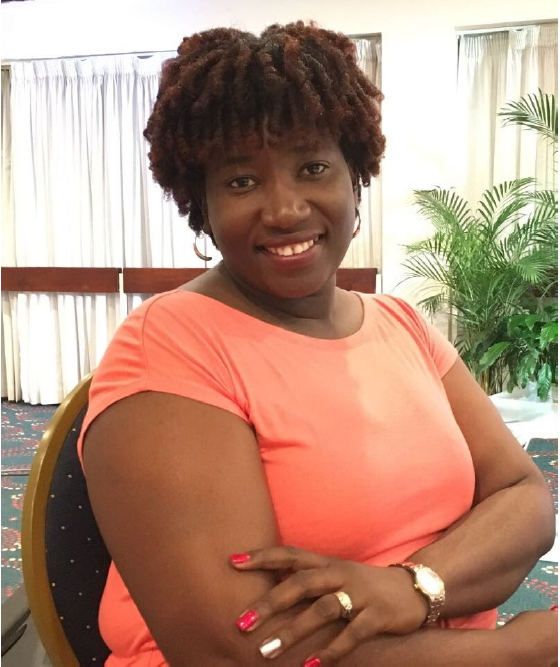
Men targeted for increased HIV testingCaribbean Vulnerable Communities Coalition has developed specific programmes to target males.
Poor health-seeking behaviour by Caribbean men is exacerbating the already difficult job of having them tested for HIV, according to Kandasi Levermore, Executive Director of Jamaica AIDS Support for Life (JASL) and member of the Caribbean Vulnerable Communities Coalition (CVC).
“Poor health-seeking behaviours by our men throughout the region are still cause for concern with regard to them coming forward to be tested for HIV. But at the same time, I must note that there have been some improved numbers,” Levermore said.
Although data was not provided to show the actual increase, Levermore said that the CVC has developed specific programmes to target males, as against women, who have been taking advantage of opportunities to know their HIV status.
“In order to instigate this increase, we (the CVC) had to initiate specific programmes for men as a means to encourage them to go out and get tested,” she told a recent Gleaner Editors’ Forum.
“Some of the methods include us offering incentives to the women that you will get X if you bring a man for testing. If it’s a man who comes to get tested, then we can offer them some safe-sex commodities – stuff like flavoured condoms and other means that will enhance the changed behavior to get them coming out to be tested,” Levermore said.
A 2017 study shows that an estimated 32,000 persons are living with the HIV in Jamaica, with as many as 50 percent unaware of their status. The most urbanized parishes have the highest number of cumulative cases, with St James recording 2,094.6 HIV cases per 100,000 persons followed by Kingston and St. Andrew, with 1,570.1 cases per 100,000 persons.
The total number of reported AIDS cases in Jamaica between January 1982 and December 2011 is 16,264, with the number of deaths associated with the epidemic for the same period being 8,498.
Males account for 689.3 cases per 100,000 of cumulative AIDS cases, compared to 504.9 cases per 100,000 females. Although the disease affects more men than women, over time, females are accounting for an increased proportion of the AIDS cases that are reported annually.
It means that women are accessing testing far more than their male counterparts, Levermore noted.
“Some men come to get the condoms; they’ll come if the leader comes in to be tested. So we have to go behind the scenes and programme them; work on the leaders, work on the role models. We ask them to bring out their ‘parries’ (friends) and find ways to get them out,” she said. “We are seeing more men being tested, but definitely not in the numbers we would want”.
WHAT IS PANCAP?
PANCAP is a Caribbean regional partnership of governments, regional civil society organisations, regional institutions and organisations, bilateral and multilateral agencies and contributing donor partners established on 14 February 2001. PANCAP provides a structured and unified approach to the Caribbean’s response to the HIV epidemic, and coordinates the response through the Caribbean Regional Strategic Framework on HIV and AIDS to maximise efficient use of resources and increase impact, mobilise resources and build the capacity of partners.
What are the Global AIDS Strategy 2021–2026 targets and commitments?
If targets and commitments in the strategy are achieved:
- The number of people who newly acquire HIV will decrease from 1.7 million in 2019 to less than 370 000 by 2025
- The number of people dying from AIDS-related illnesses will decrease from 690 000 in 2019 to less than 250 000 in 2025.
- The goal of eliminating new HIV infections among children will see the number of new HIV infections drop from 150,000 in 2019 to less than 22,000 in 2025.
What are the 95-95-95 Targets for ending AIDS?
- 95% of People Living with HIV know their HIV status;
- 95% of people who know their status on treatment; and
- 95% of people on treatment with suppressed viral loads.
HELPFUL LINKS:
Global AIDS Strategy 2021–2026, End Inequalities, End AIDS
https://pancap.org/pancap-documents/global-aids-strategy-2021-2026-end-inequalities-end-aids/
Caribbean Regional Strategic Framework on HIV and AIDS (CRSF) 2019-2025
https://pancap.org/pancap-documents/caribbean-regional-strategic-framework-2019-2025/
